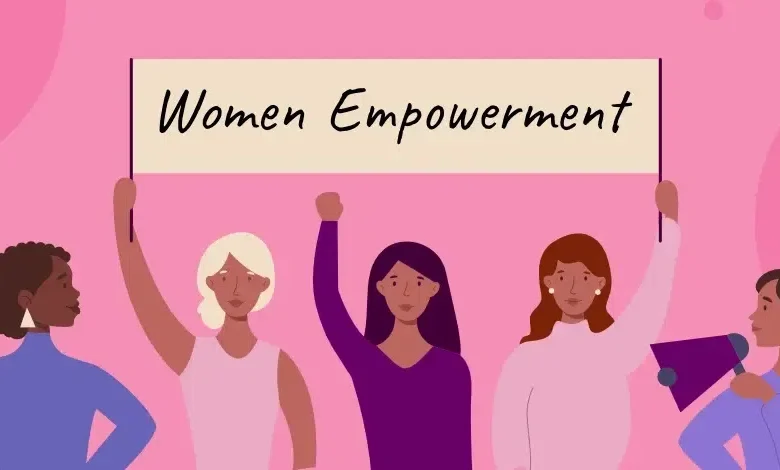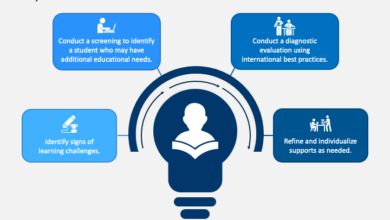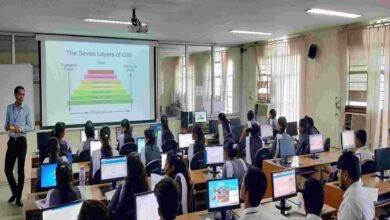Women Empowerment: Empowering Women to Shape Their Destiny

Introduction
In the pursuit of gender equality, the concept of women empowerment has gained significant momentum in recent years. It embodies the idea of empowering women to make independent decisions, break free from societal constraints, and carve their own path in life. This article delves into the importance of women empowerment, highlighting the challenges faced by women globally and specifically focusing on the need for empowerment in India. By understanding the factors that hinder progress and exploring potential solutions, we can work towards a more inclusive and equitable society.
The Historical Context
For centuries, women have endured subjugation and discrimination at the hands of men. Denied basic rights and treated as inferior beings, women struggled to assert their autonomy. The right to vote, for instance, was initially exclusive to men, further perpetuating the gender divide. However, with the passage of time, women began to realize their inherent power and challenged the status quo.
The Rise of Women’s Empowerment
A revolution in women’s empowerment has taken root, heralding a new era of progress and change. Women across the globe have embarked on a journey to claim their rights and assert their agency. While progress varies across different regions, Western countries have made significant strides, and even in third world nations like India, the movement for women’s empowerment is gaining momentum.
Women’s Empowerment in India
India, a country with a rich cultural heritage, grapples with numerous challenges when it comes to women’s empowerment. Despite notable progress in various domains, ensuring the safety and equality of women remains a pressing concern. Several factors contribute to the urgency of empowering women in India.
1. Threat of Honor Killings
In India, women face the ominous threat of honor killings. Deeply rooted in patriarchal norms, certain families consider it their right to take the lives of female members if their actions bring perceived dishonor to the family’s legacy. This archaic practice infringes upon the fundamental rights of women, impeding their freedom and self-determination.
2. Regressive Education and Limited Freedom
The state of education and freedom for women in India often falls short of expectations. Women are denied access to higher education and are frequently subjected to early marriages. In some regions, male dominance remains prevalent, relegating women to subordinate roles. They are expected to cater to the needs of men without enjoying the same privileges or freedom.
3. Domestic Violence and Silence
Domestic violence continues to plague Indian society, with women bearing the brunt of physical, emotional, and psychological abuse. Men often perceive women as possessions, resorting to brutality to exert control and dominance. Fear and societal pressures silence victims, preventing them from seeking help or speaking out against their oppressors.
4. Gender Pay Gap
The gender pay gap persists in India, where women are unjustly paid less for performing the same jobs as their male counterparts. This disparity not only undermines women’s financial independence but also perpetuates systemic sexism. Women’s empowerment is crucial to eliminate this discrimination and ensure equitable opportunities for all.
Strategies for Women Empowerment
Empowering women requires a collective effort from both society and the government. By implementing the following strategies, we can pave the way for a more empowered future:
1. Ensuring Equal Education Opportunities
Mandatory education for girls is essential to equip women with knowledge and skills necessary for economic independence. By investing in education, we enable women to break free from the cycle of poverty and empower themselves to contribute meaningfully to society.
2. Promoting Gender Equality in All Spheres
Women should have equal opportunities in all fields, irrespective of gender. It is imperative to dismantle societal norms that perpetuate gender-based discrimination. By creating a level playing field, we can foster an environment where women can thrive and succeed without prejudice.
3. Eradicating Child Marriage
Efforts should be directed towards abolishing child marriage, as it robs young girls of their childhood and hampers their personal growth. Implementing strict laws and providing comprehensive awareness programs can help eliminate this harmful practice and safeguard the rights of girls.
4. Skill Development Initiatives
Introducing skill development programs tailored for women can enhance their self-reliance and financial stability. By equipping women with vocational skills, they can overcome economic barriers and navigate financial crises with confidence and resilience.
5. Breaking the Stigma of Divorce and Abuse
The societal stigma surrounding divorce and abuse needs to be dismantled. Parents play a vital role in educating their daughters about their rights and fostering an environment where seeking divorce is seen as a viable alternative to enduring abusive relationships. By doing so, we can empower women to prioritize their safety and well-being.
Conclusion
Women empowerment is a necessity of our times, and it transcends geographical boundaries. By recognizing the challenges faced by women, particularly in countries like India, we can strive to create a society where women enjoy the same rights, opportunities, and freedoms as their male counterparts. Through education, equal opportunities, and the eradication of harmful practices, we can empower women to shape their own destinies, breaking free from the shackles of inequality. Let us work together to build a future where every woman can flourish and contribute to a more inclusive world.












